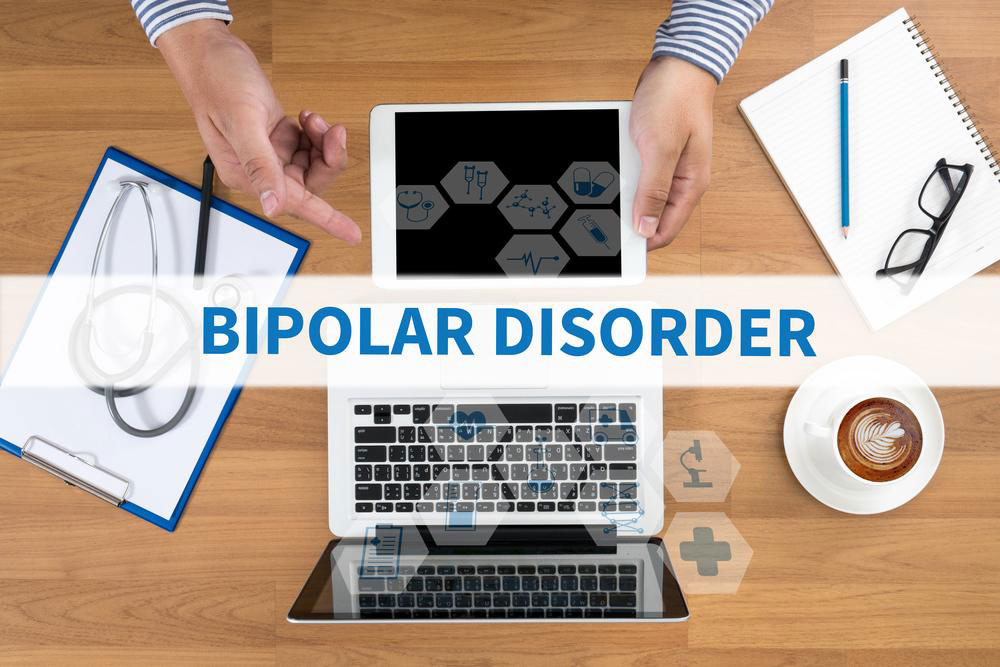A brief overview of bipolar disorder
Many people have different variations about bipolar disorder. For some, it could be a state of depression whereas for others, they could interpret it as a state of frequent mood swings. The truth is far from these variations and doctors usually agree that bipolar disorder is one of the most severe forms of mental disorders that a person might endure. The reason is that, in most psychological conditions, a person may be affected and the suffering has to be undergone within oneself.

Diagnosis and symptoms
The biggest drawback of bipolar disorder is that it cannot be cured completely. The treatments can aim to keep the conditions under control so that a person can lead a normal life. In many instances, people do not know that they have the condition and it can often go unnoticed. If you are experiencing periods of depression or periods of mania, get medical help immediately as in the long run they can hamper your health and passively the health of others around you.
Risk factors
Though there are no clear cut indications as to why they occur in some people, it can be attributed to these factors.
Biological factors: People with bipolar disorders can have a different brain pattern. The significance is uncertain, but they may pinpoint in the correct direction.
Genetics: Genetics can play a role in getting the symptoms especially if your parent or your first degree relation has the condition.
Some of the general factors that can contribute for the rise can include drug abuse, alcohol problems, anxiety disorders, and physical health problems such as heart condition. The diagnosis can be done through a physical exam and a general psychiatric evaluation of you on the whole.
Treatment
Always ensure that you get the treatments only from the centers that are best qualified for such disorders. The treatment is not tailor-made and every treatment pattern can depend on the person’s severity. Usually the treatment will be a combination of drugs and medications along with psychological therapies.
In most of the cases, the treatment is mandatory even after the symptoms go away. The frequency of your treatment would be charted out by your physician. Ensure that you follow them religiously. Hospitalization is sometimes needed when the doctor feels that you might endanger your life or if you can be a threat to your loved ones. Long-term therapies of bipolar disorder can have side effects. It is better to consult your doctor about these. Also, most of the medication would contain antidepressants. There are instances where the patients have found themselves getting treated but are unable to get rid of the habit of antidepressants. Hence, ensure that help is always at hand.















